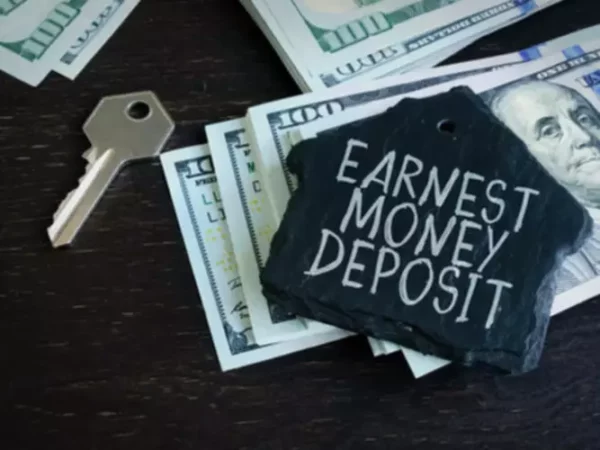Once you find your dream home, you suddenly get overwhelmed by credit reports, mortgages, agents, lawyers, insurance, inspections, titles, etc. That is a lot of transactions to keep up with! In this article, we explain what a real estate escrow means and how it works. This guide will be especially helpful for first-time homebuyers, who are not sure what they are making payments towards and why.
What is an escrow?
Escrow is a term used by the legal real estate planning industry. It means when you find a piece of real estate, be it a piece of land, a home or commercial building, that you want to buy, you want to ensure that the seller is honest and the seller wants to be sure you have the money to pay.
To ensure that everyone keeps to their agreements, you would turn to escrow. Escrow is like the hub of the wheel that brings all the parties together in a transaction. It is a neutral third party that holds all the money, titles, personal property, or anything of value until all transactions are successfully completed. This process lowers the potential risk of fraud and helps to stay up to date with all parties and transactions.
How does real estate escrow work?
Let’s go through the process step by step:
- When you want to buy a home, your agent and the seller’s agent agree on an offer. Once you are satisfied, escrow is opened. An escrow company will request all the necessary information regarding your transaction to make sure that all the instructions are followed and all funds, bills, documents are handled properly during the transaction.
- The next step is to sign your initial disclosures. The most important pages in all these documents are the Uniform Loan Application, your loan estimate and your Notice of Intent to Proceed, which allows the escrow company to go to the next step of ordering your appraisal.
- Now, your appraisal will be ordered. The appraisal is considered a POC item, so be on a lookout for a bill.
- The next step is submitting to processing. The processor will request more documentation. Your processors are reaching out to the title, escrow, and your real estate agent to gather all the necessary documentation.
- Once your file is updated again, your processor can upload the file to underwriting. The underwriter will evaluate your ability to repay the loan along with the property risk itself. Once you are good to go, they will be issuing loan approval. There might be some conditions though.
- Conditional approval means that your loan is approved subject to the fulfillment of specific documentation. Once these documents are submitted back to underwriting, they will issue a clear to close.
- Now, your loan documents will be ordered and more documentation required. At this point, your documents will be sent to escrow for you to sign with a local notary.
- Then, you will wire funds to escrow and your loan will be funded after all the checks are made.
- Finally, the agents ensure that the closing of the escrow goes as smoothly as possible.
Instead of trying to keep up with all the payments, papers, and parties by yourself, the escrow company is there to make the whole process easier for both you and the seller. In addition, with the advent of the internet, the escrow process has become virtually paperless.
What is an escrow account?
Another place you might see the word escrow used in real estate is when you actually make the mortgage payment. Four different parts make up your mortgage payment:
- Principal, which pays back the loan
- Interest, which is the cost of borrowing the funds
- Property taxes
- Homeowner’s insurance.
Let’s say you have $1,000 in monthly mortgage payment, some amount of it will pay down the principle and majority of it will go to cover the interest in the first years. Yet, when you actually write your check to the bank, you might find out that you are paying more than $1,000. Why?
If you call to the bank and ask them that, they will say that they want to make sure that this house is insured and that the taxes are paid on it. This is what you are paying on top of that $1,000. Why do they care that the house is insured? Well, if there is a hurricane or tornado and it destroys the house, then you might want to walk away from that house and the mortgage. All the bank is going to be left with is a destroyed house that was not insured.
They care about your taxes being paid because the government has first lien right on your home. If you stop making mortgage payments or whatever happens, the government is first in line to get their money (before the bank). We would also like to bring it to your attention that buyers can sometimes wave the right to escrow, but usually escrow accounts are required by the lender.
What is earnest money?
Escrow and earnest money are often confused. Earnest money is good faith money. When you make an offer, you include earnest money to tell the seller that you are serious about the purchase. At closing, that money gets applied towards your down payment, so it is not additional money. For example, you buy a home for $175,000 and put $1,000 down in earnest money. This $1,000 is held until closing and then at closing gets applied towards the rest of your purchase. At that point, you only bring $174,000. Thus, the earnest money is part of the offer process.



















